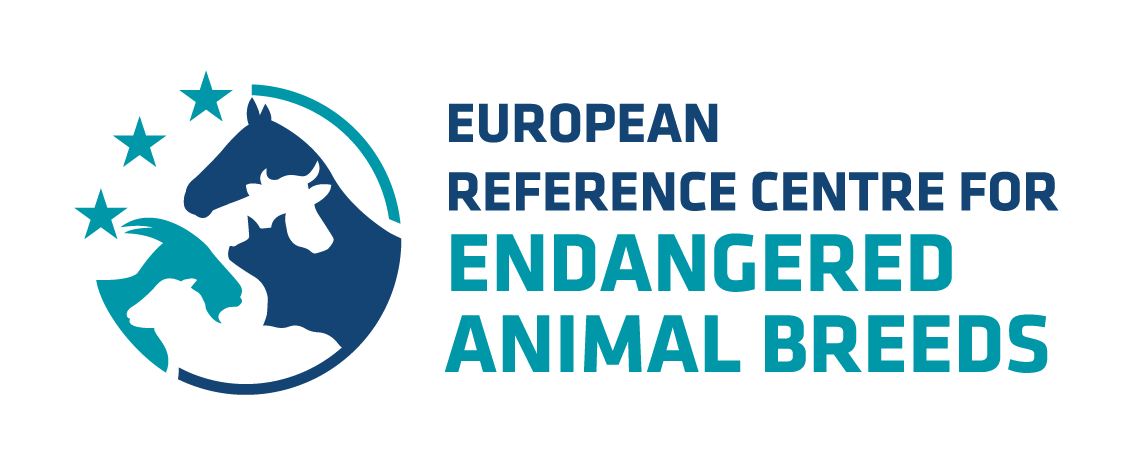
The Consortium
Wageningen Livestock Research
Wageningen Livestock Research (WLR) is one of the specialised research institutes of Wageningen University and Research (WUR). The Department of Animal Breeding and Genomics of WLR is an internationally leading and recognised research group in the field of conservation genetics, genomics, animal breeding, cryobiology and reproduction. The Department makes existing knowledge and expertise available, and generates new knowledge through research projects performed by research staff and (MSc and PhD) students for a wide range of clients, including the Dutch government, the European Commission and breeding industry. WLR has an extensive international network and a long track record of coordination and participation in EU- and other international projects
WLR executes dedicated Statutory Research Tasks in the domain of conservation and sustainable use of animal genetic resources, commissioned by the Dutch Ministry of Agriculture, Nature and Food Quality, coordinated by the Centre for Genetic Resources, the Netherlands (CGN). Statutory Research Tasks of CGN include the development and maintenance of gene bank collections, methodological research and active participation in national, European and global organizations and networks. CGN collaborates with the national breeding industry, breed societies and national NGOs, and CGN supports the Dutch government in policy development and implementation in the plant, animal, forest and aquatic genetic resources domains.
For the Statutory Research Tasks, state of the art methods, knowledge, practices and standards are implemented for the purpose of conservation and sustainable use of animal genetic resources. Facilities include dedicated genebank facilities for the processing and storage of reproductive material and DNA. Research lab facilities include a specialized lab for cryoconservation research, a cell and embryo culture lab, and a specialized molecular genetics (“omics”) research lab. State of the art software and scientific knowledge is available for quantitative genetic analysis, analysis of pedigree data, genomic data and phenotypic data.






